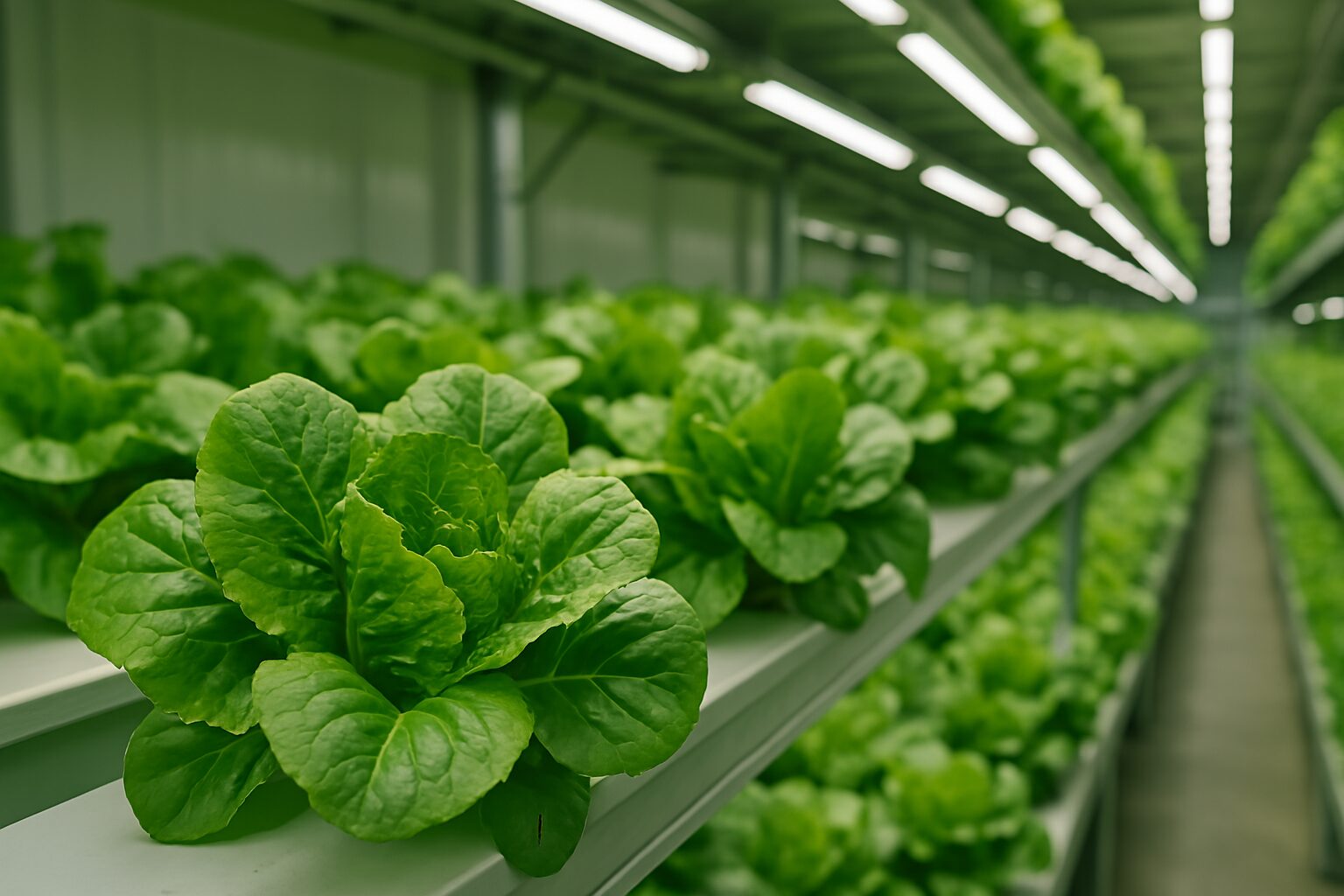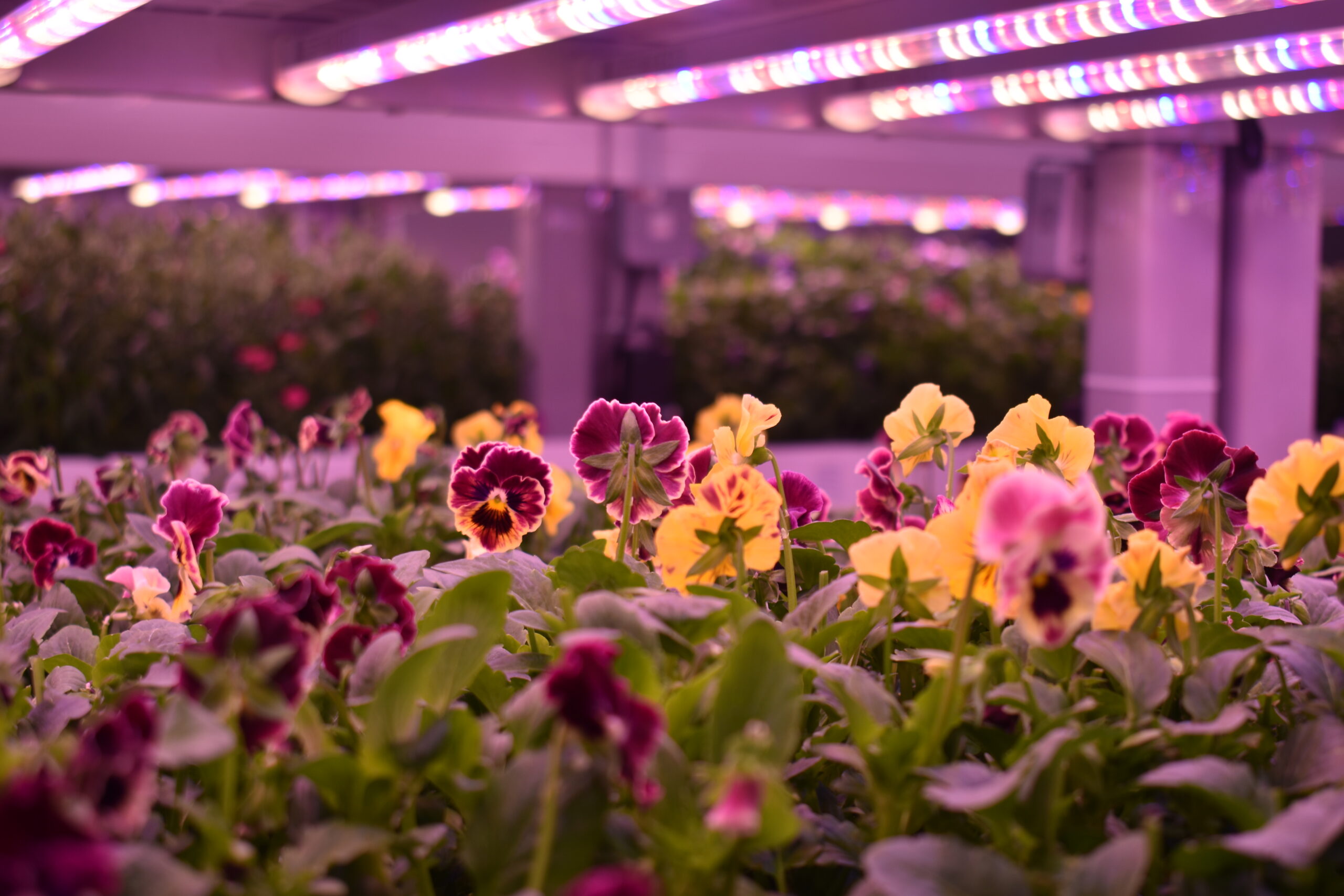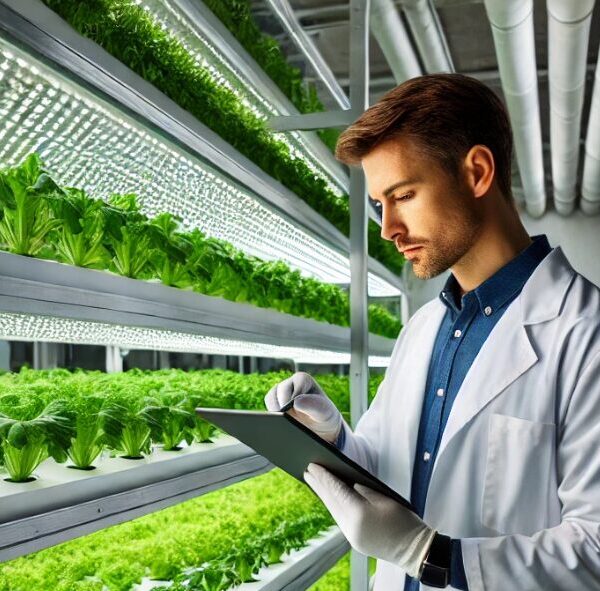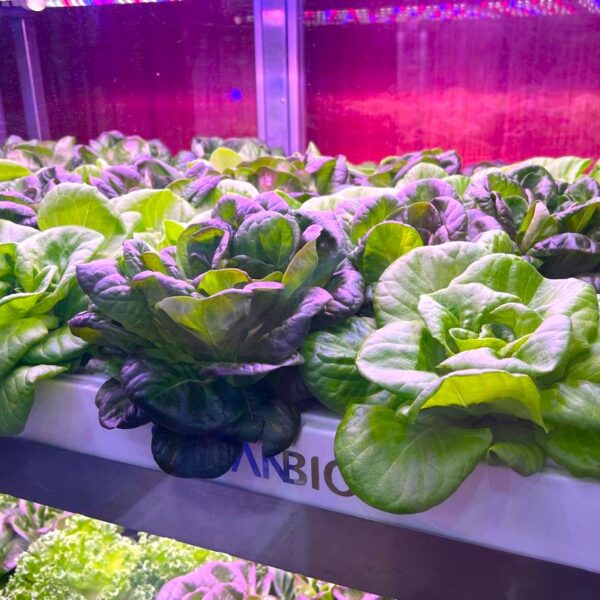Hydroponic farming represents a remarkable fusion of cutting-edge technology and age-old agricultural principles. By eliminating soil from the equation and instead delivering nutrients directly to plant roots through a water-based solution, hydroponics revolutionises traditional farming methods. The result is a highly efficient and sustainable system that maximises yield while minimising resource use. Through meticulous monitoring of factors like pH levels, nutrient concentrations and environmental conditions, hydroponic farmers can fine-tune growing conditions to optimise plant growth and health.
Furthermore, hydroponic farming boasts numerous environmental benefits compared to conventional soil-based agriculture. By utilising vertical farming techniques and indoor environments, hydroponic farms require significantly less land and water to produce the same number of crops. Moreover, the absence of soil eliminates the risk of soil erosion and contamination from chemical fertilisers and pesticides. Overall, the science behind hydroponic farming underscores its potential to revolutionise food production and contribute to a more sustainable future.
In conclusion, hydroponic farming offers a promising solution to the challenges facing modern agriculture. By harnessing the power of technology and innovation, hydroponic farmers can cultivate fresh, nutritious produce in a controlled environment while minimising environmental impact. As the world grapples with issues like climate change and food security, hydroponic farming stands out as a sustainable and efficient method for feeding the growing global population. Through continued research and investment, we can unlock the full potential of hydroponic farming and create a more resilient and sustainable food system for future generations.

 All
All Leafy Greens
Leafy Greens Salad
Salad Microgreens
Microgreens Edible Flower
Edible Flower Herbs
Herbs


